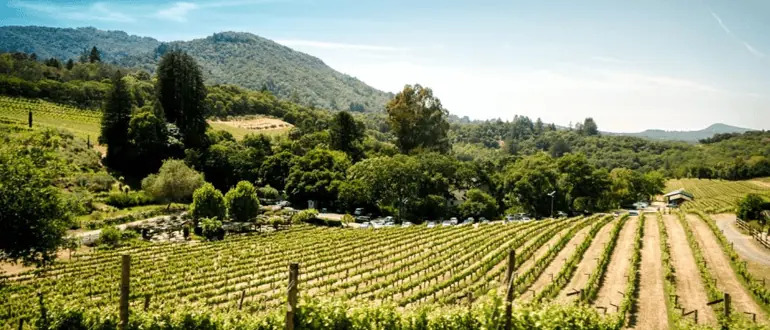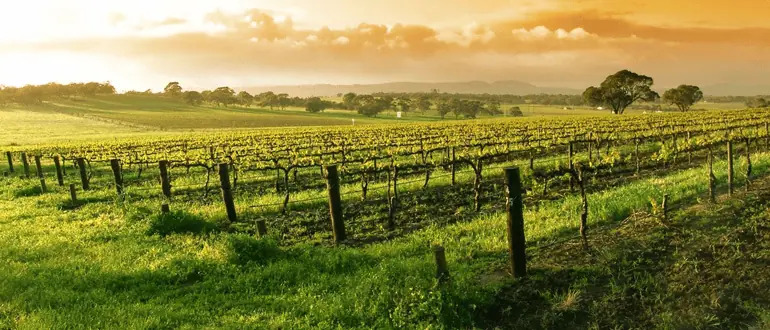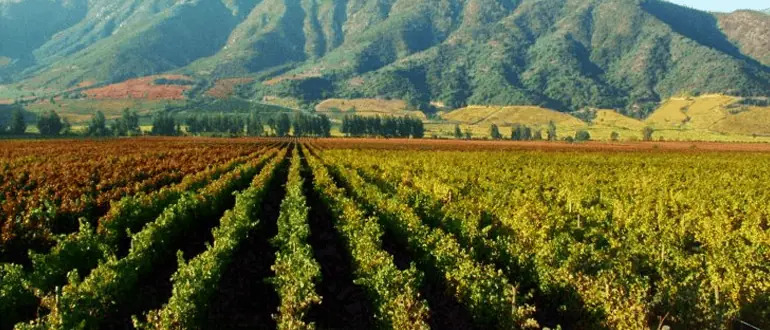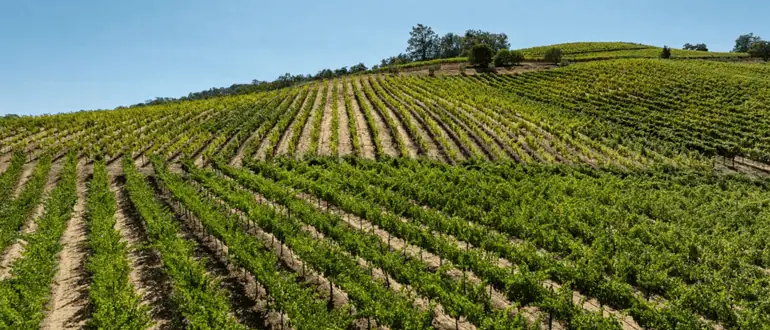
Owning a vineyard is a dream for many, offering a blend of romance, agriculture, and business. However, this dream requires careful planning, detailed research, and a deep understanding of the land and the industry. Here’s a comprehensive guide to help you navigate the complexities of buying a vineyard, ensuring you make informed decisions every step of the way.
Know the Land: Essential Tips for Buying a Vineyard

Know Your Grapes
The type of grapes you choose to grow influences your vineyard’s requirements and potential success. Grapes fall into three main categories: table grapes, juice grapes, and wine grapes.
- Table Grapes: These require a longer growing season and tender blossoms. They thrive in mid-line to southern U.S. areas, particularly in coastal, inland regions like California and the Carolinas.
- Juice Grapes: Hardier than other types, juice grapes can grow in almost any northern state due to their shorter growing season.
- Wine Grapes: These are the most temperamental and require precise conditions. They need some water, but not too much, and prefer slopes for natural air drainage. Wine grapes also vary in their tolerance to cold and susceptibility to diseases, with red varietals being hardier than whites.
Know Your Climate
Climate plays a crucial role in vineyard success. Understanding local weather patterns, freeze dates, and frost-free growing days is essential.
- Spring and Fall Freeze Dates: Knowing the timing of the last spring frost and the first fall frost helps determine the length of the growing season.
- Frost-Free Days: Calculate the number of days in the growing season to ensure they align with the needs of your chosen grape variety.
- Surrounding Crops: Be aware of nearby agricultural practices. Certain sprays can negatively affect grape blooms; bees are vital for pollination. Vineyards benefit from proximity to orchards and nut groves, where bees linger longer.
Know Your Soils

Soil quality is paramount for healthy vines. Grapes prefer well-drained soils and do not tolerate “wet feet.”
- Soil Testing: Conduct soil tests to check for nutrient levels and drainage capabilities. This should be part of your due diligence before purchasing the land.
- Soil Amendments: Understand the nutritional needs of your grape varieties and the cost of soil amendments if required. Consulting a local crop specialist or agricultural university can provide valuable insights.
Know Your Finances
Financial planning is critical when investing in a vineyard. Vineyards are long-term investments, often not producing a profitable crop for several years.
- Initial Costs: Consider the expenses of land preparation, trellising, planting, and vine training.
- Harvesting: Decide between hand picking or mechanical harvesting and plan for row spacing and turnaround space accordingly.
- Phased Plantings: Implement phased plantings to spread costs and workload.
- Disaster Planning: Prepare for adverse conditions. Agricultural ventures are at the mercy of Mother Nature, so financial reserves are crucial.
- Patented Vines: To avoid legal issues, purchase vines from reputable nurseries and ensure they provide patent and copyright certificates.
Know Your Market
Understanding market trends and consumer preferences is vital for a successful vineyard.
- Market Research: Stay informed about the popularity of different wine varieties and trends in consumer preferences.
- Varietal Demand: Reds are generally popular, but preferences for specific flavors (light, heavy, oaky) can change. Whites also vary widely in taste (dry, sweet) and purpose (sipping, cooking, dessert).
- Industry Trends: Monitor industry developments to avoid investing heavily in a variety that may lose favor.
Know Your Neighbors
Building relationships with neighboring growers and vintners can provide invaluable support and information.
- Community Support: Fellow wine growers are typically generous with advice and support, offering insights into best practices and new developments.
- Local Associations: Join local, regional, or state grower associations for additional resources and networking opportunities.
LandLeader: Your Partner in Finding the Perfect Vineyard

Embarking on the journey to owning a vineyard requires expert guidance and a platform that connects you with the best properties. LandLeader is a premier land marketing platform dedicated to helping you find the perfect vineyard land. With a comprehensive database of properties and a network of knowledgeable agents, LandLeader ensures you make informed decisions tailored to your vineyard dreams.
LandLeader offers:
- Extensive Listings: Access to various vineyard properties across various regions, catering to diverse preferences and requirements.
- Expert Agents: Knowledgeable agents with expertise in agricultural land and vineyard-specific needs, guiding you through every step of the buying process.
- Market Insights: Up-to-date information on market trends and property values, helping you make informed investment decisions.
By partnering with LandLeader, you can confidently navigate the complexities of buying a vineyard, ensuring your dream becomes a successful and rewarding reality.
In conclusion, buying a vineyard is a significant investment that requires thorough research and careful planning. Understanding the land, grapes, climate, soils, finances, and market and building a supportive community can set the foundation for a thriving vineyard. Use resources like LandLeader to find the perfect property and receive expert guidance. Cheers to your future vineyard success!